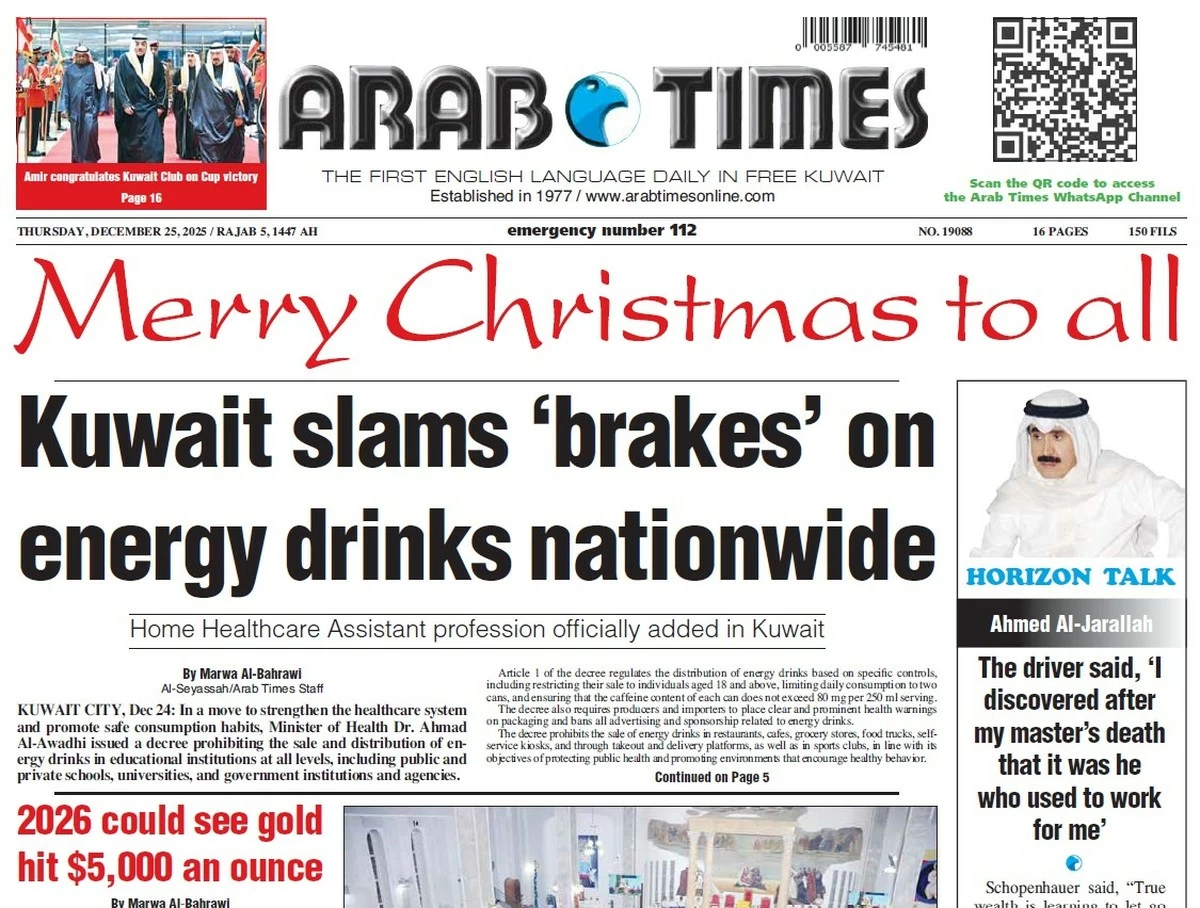21/12/2022
21/12/2022
ARE we destined to live with poorly performing governments that choose to abandon their duties and decision-making role due to fear of MPs and others or because of some other considerations? Or is it the deep state that has spread its octopus arms everywhere, and made the Cabinet a mere executive tool for serving its interests? It is true that this question contains deep bitterness, but reality obliges us to be sincere and frank, irrespective of the issue. This is due to the fact that diagnosing the disease and its causes is the first path towards treatment.
Undoubtedly, the current Council of Ministers did not differ in content from the previous ones. It is still spinning around the same vicious circle. It quickly succumbs to parliamentary demands, most of which are based on strengthening the electoral balances of the MPs by increasing their grip on institutions through supervisory and leadership positions, which they seek to install their cronies. This is now recurring with the current government, and it is affecting the country negatively.
It is true that this is an essential part of corruption, but what is worse is to let the problems that the country suffers from, either economic, social, political or security, exacerbate. This means widening the crack, and allowing room for the deep state to infiltrate institutions more than it had done in the past.
Perhaps the haste to form the current Cabinet, in an attempt to remedy the mistake made in the initial line-up, has led to this apparent weakness. Nevertheless, this is not justified. This is because the level of optimism with which this government was met gave it the ability to take control of the decision-making process, and develop appropriate remedies for the many issues that the country is enduring.
This includes closing in on itself and preventing local and foreign investments, the housing issue, which has been ongoing since before the Iraqi invasion, and of course, the education crisis, which is almost a cancer that cannot be cured, according to the available data. This is because firstly, the outputs are not at the level of ambition as per the current situation, and secondly, due to the absence of the studied mechanisms.
In addition, the complex and contradictory documentary cycle prevents any agricultural or industrial development. This means continuing to import 90 percent of daily life needs from abroad. The infrastructure remains the straw that broke the camel’s back, and the failure to properly benefit from its development. As for the state’s lands, there is nothing wrong with talking about it, especially the coastal areas, which have been hijacked due to the absence of proper structure or organization.
Kuwait is the only country in the region that has not benefited from border free zones, either in the industry field or other fields. On the other hand, the other Gulf Cooperation Council countries have allocated a lot of space for this purpose. Saudi Arabia currently has a large industrial base that supports the national income, and the UAE has become a developed industrial hub.
Recreational areas in those countries have turned into tourist attractions, while in our country they are all closed. Even the only outlet that was established recently - Winter Wonderland - will soon close. Those who fish in murky water have turned it into an opportunity for distortion and defamation, especially those with the “ethical act”.
This is why for years, Kuwaitis have been going to the Emirates, Qatar, Bahrain, Saudi Arabia, Britain, France, and others if they wanted to breathe or be happy, because they are forbidden to even smile in their own country.
The country is awash with errors, and we do not see any movement to correct it. In fact, we hear a lot but see nothing on the ground, making it seem as if Kuwaitis are destined to live in depression.
Without any doubt, the solution is very simple – bring about a revolution in laws that are outdated, and have a government that is able to take decisions that can cut off the arms of the deep state, seek a better future for the country, and does not live in a box of fear of accountability of any kind.
By Ahmed Al-Jarallah
Editor-in-Chief, the Arab Times


